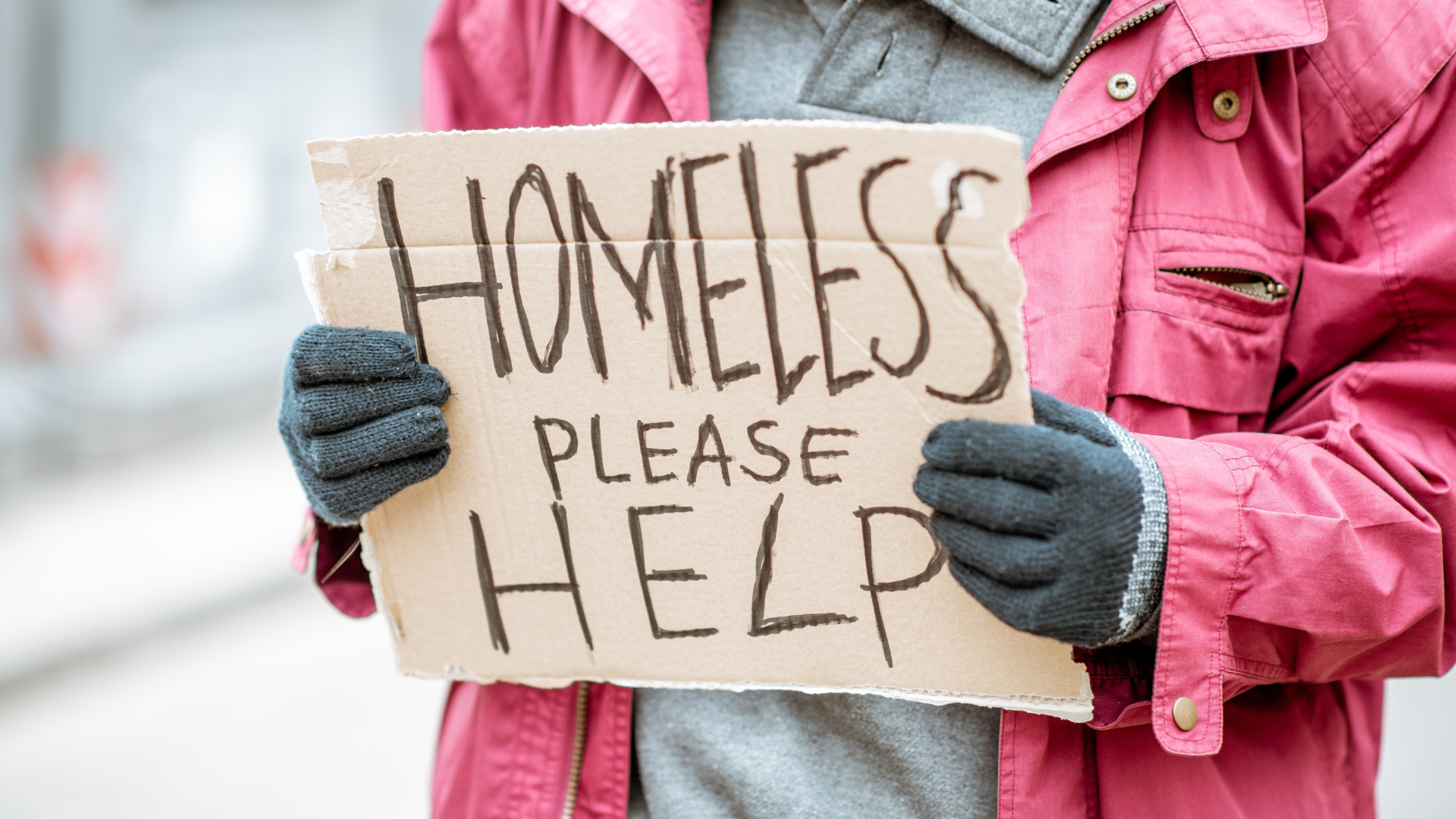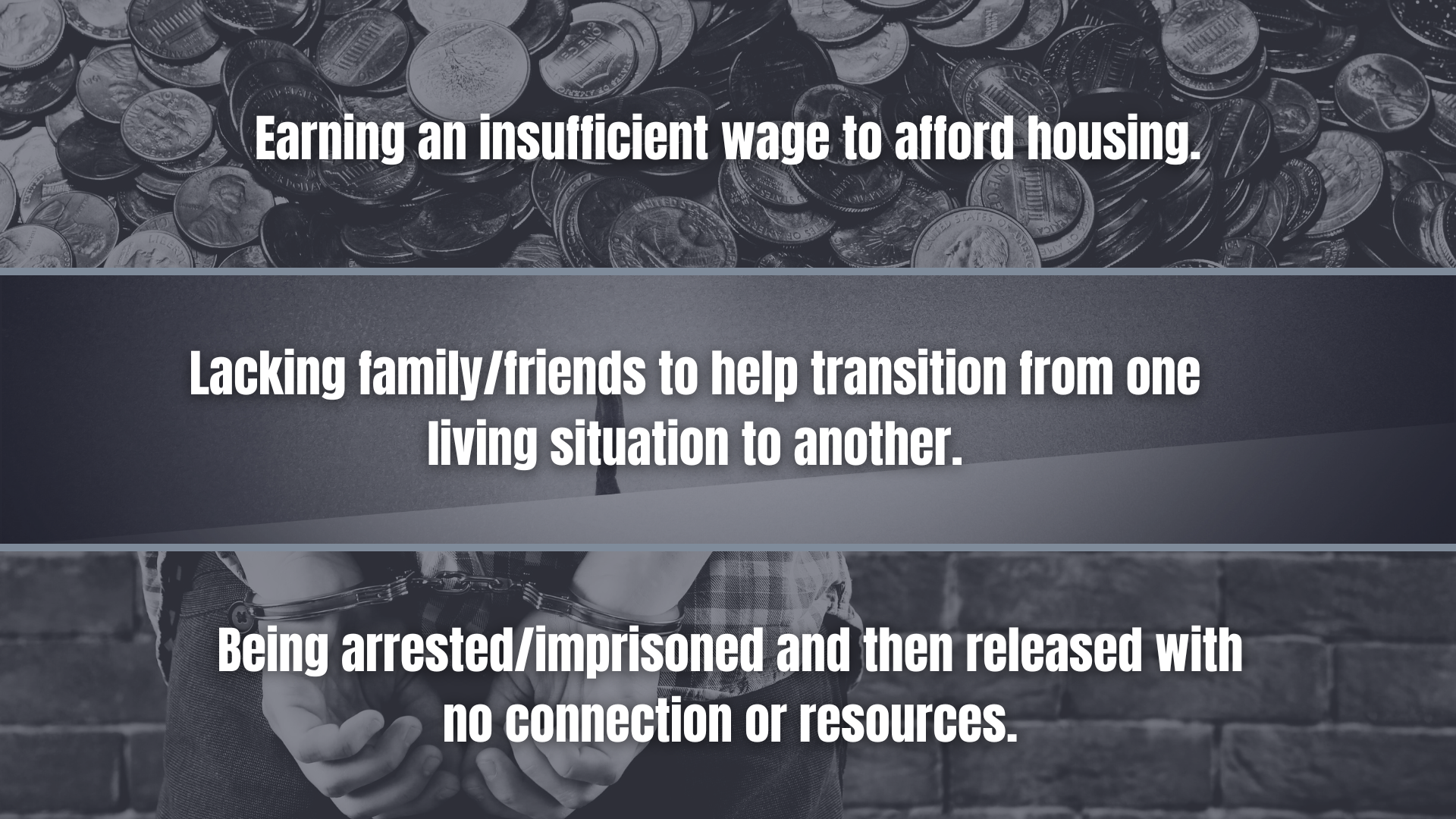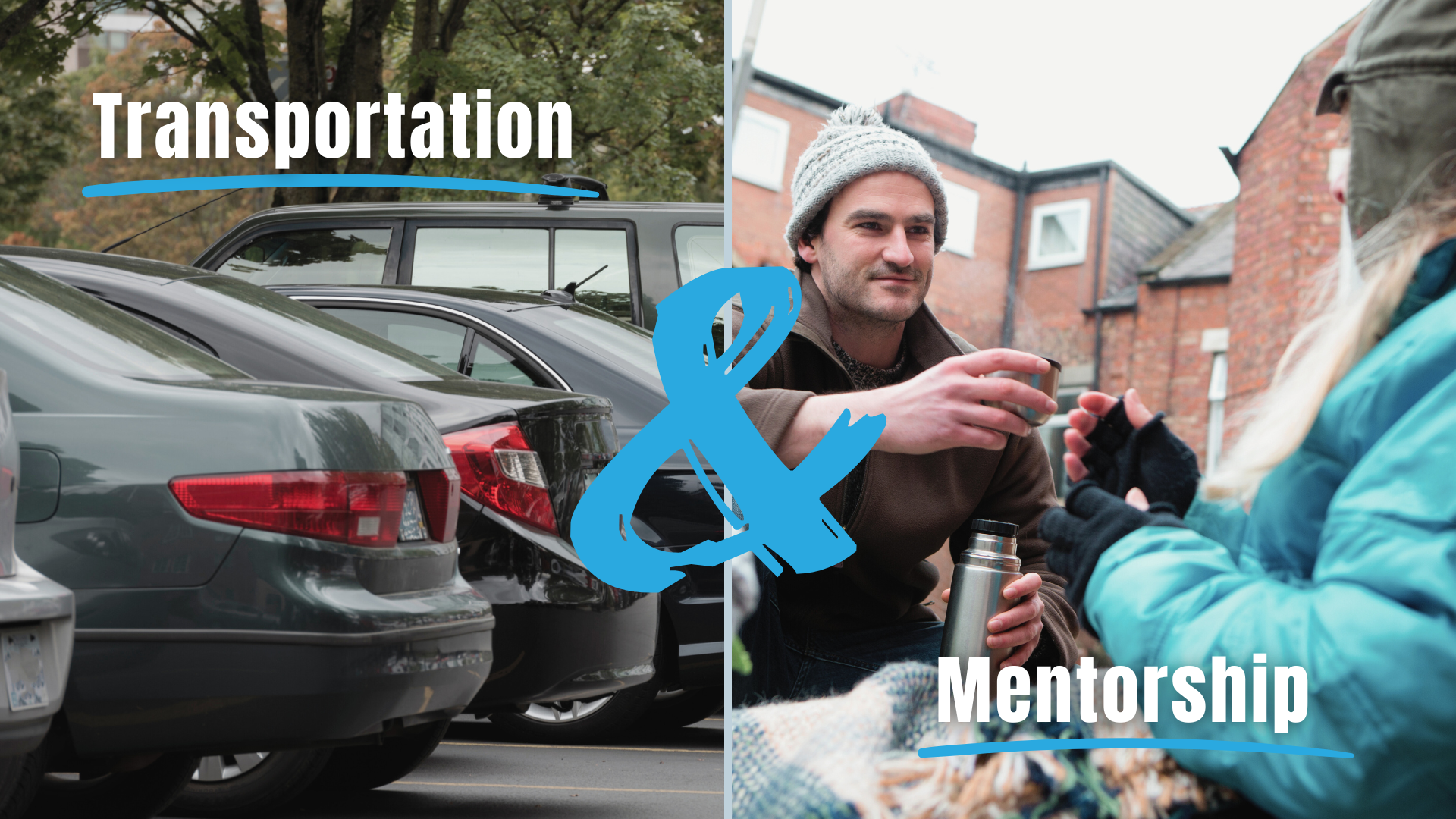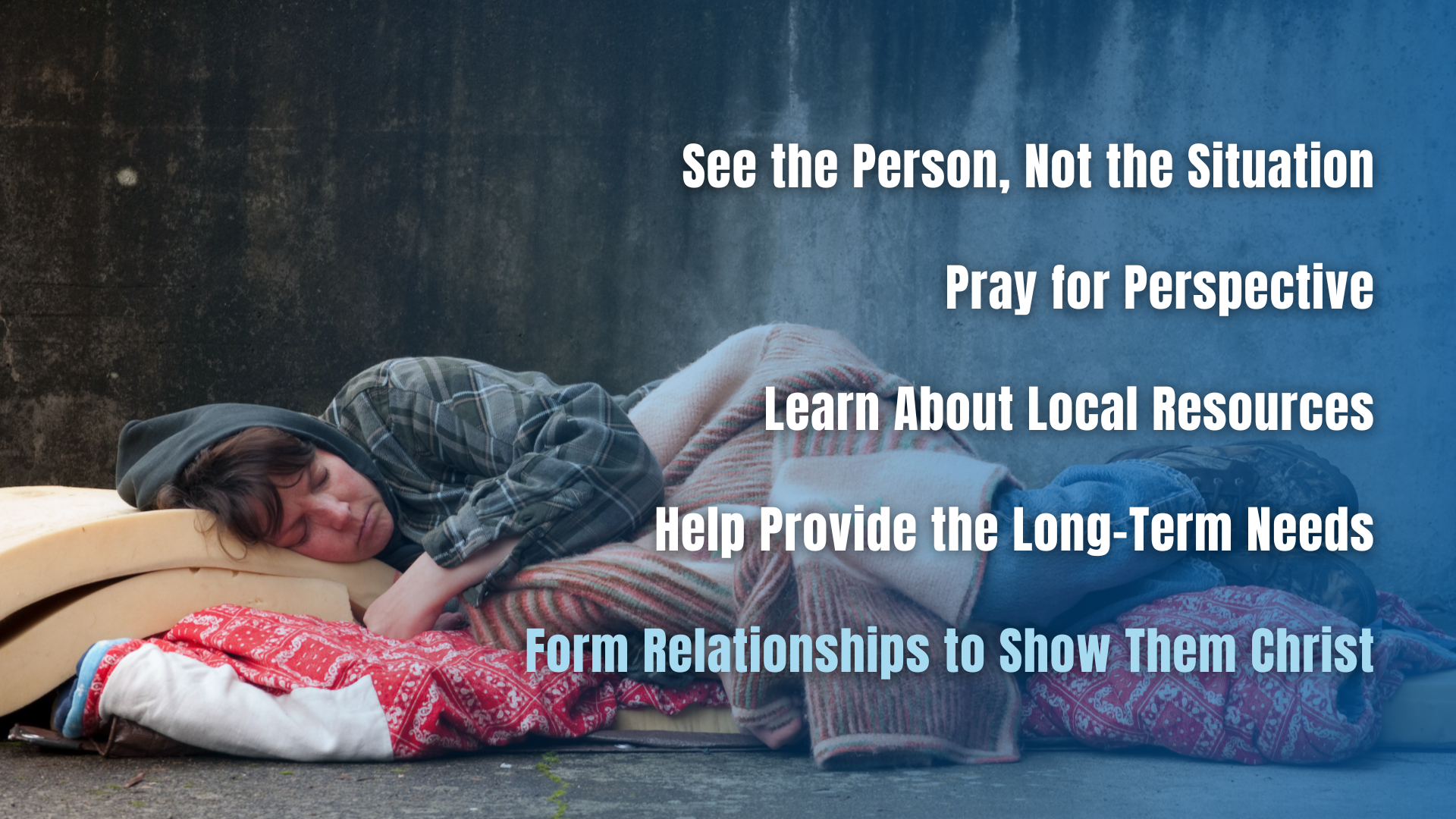Serving Our Unhoused Neighbors
The Reality of Homelessness
Homelessness is unique to every person experiencing it, and they all have stories shaped by a complex group of factors—job loss, mental health struggles, domestic violence, unaffordable housing, lack of transportation, or even aging out of foster care. In areas all over the country, this crisis is growing, and our response as the Church must be grounded in both compassion and action to effectively address it. We’ve all seen this situation; you may have already seen someone in this situation on your way to work today. Many think they have a good understanding of homelessness, but short of experiencing it first hand, not very many people can truly come to terms with its effects.
As believers in Christ, we are called to see people the way Jesus sees them—not as a set of circumstances but as individuals made in the image of God.
That starts with humility. Many outreach volunteers share that they entered ministry with assumptions about why people become unhoused, only to realize how easily any one of them could end up in the same place. A single hospital stay or unexpected crisis can shift someone from stability into survival mode.
What Can Homelessness Look Like?
Ultimately, not having a permanent place to live OR the means to acquire shelter, either temporarily or long-term.
Responding Like Jesus
So what do we do?
First, we pray—not just for solutions but for perspective. Ask God to break your heart for what breaks His. Ask for eyes to truly see the people behind the need and for the courage to obey the call of Matthew 22:36-40 -- to love your neighbor as yourself.
Pray that your church and your ministry become places where justice and mercy meet—where generosity isn’t just a value but a lifestyle. Lastly, pray for how God would call you to get involved with the connections, resources, and knowledge at your disposal. Satan will try to convince you that what you have is not enough, but with God's blessing and guidance, it can be turned into more than enough.
Next, commit to learning. Equip yourself and your church with knowledge about what actually works to end homelessness. Programs like rapid re-housing are making a difference across the country by quickly connecting people to housing and support services. These solutions often require Christian landlords, policy advocates, and second-chance employers willing to stand in the gap. We need believers who understand both the spiritual and systemic dimensions of poverty and who are willing to partner with others to create long-term change.
Practical Ways to Engage
Serving meals and providing temporary shelter are common and important ways to serve those who are homeless. However, if we only serve with a short-term lens, their situation is unlikely to change.
Long-term solutions, like providing transportation and mentorship, are key to life change for those we serve.
Transportation
Transportation is one of the biggest barriers for many unhoused individuals. Sometimes, our unhoused neighbors do have a car, which becomes both a means of getting to work and a place to sleep. But high maintenance costs, lack of insurance, and breakdowns can make even that fragile stability hard to maintain. Here is one place that churches can make a huge impact by donating bikes or gas cards, offering to cover car insurance for a few months, or partnering with a local nonprofit that meets these needs directly.
Mentorship
Mentorship is another powerful tool for long-lasting change. It is often said that the number one reason for homelessness is isolation and lack of social connectivity. Many of our unhoused neighbors have little to no safety net. There is a huge need to teach our outreach volunteers of what it means to walk with someone through the journey of rebuilding and overcoming poverty. Programs and initiatives are only effective when there are intersections of intentional relationships in which another human shows up consistently and offers to help without strings or judgment. Understand that progress may be slow and messy. You may not always get to see the results, but the faithfulness you bring to the table matters more than the outcomes you or your team can measure.
Living Faith Out Loud
Serving people experiencing homelessness will stretch you. It might be inconvenient. The cost may be large for very little worldly return. But we aren't called to serve because it’s easy—we serve because we follow Jesus' example. We serve because we just can’t help ourselves as a result of all Jesus has done to reclaim and redeem our lives.
God doesn’t call us to comfort—He calls us to obedience. When we take a risk in His name, we reflect His love in the most tangible way possible. Encourage your volunteers, staff, and yourself to step into the unknown, trusting that He will lead, provide, and use these efforts to make a difference.
The need is real, and the opportunities are plentiful. Christ did not shy away from the hard and holy work of loving people at their lowest, and neither should we.
This blog post is inspired by the Harvester Christian Church Outreach Blog “Taking a Risk in the Name of the Lord.” Local Outreach Pastor - Carissa Figgins - is the author of both of these articles.




